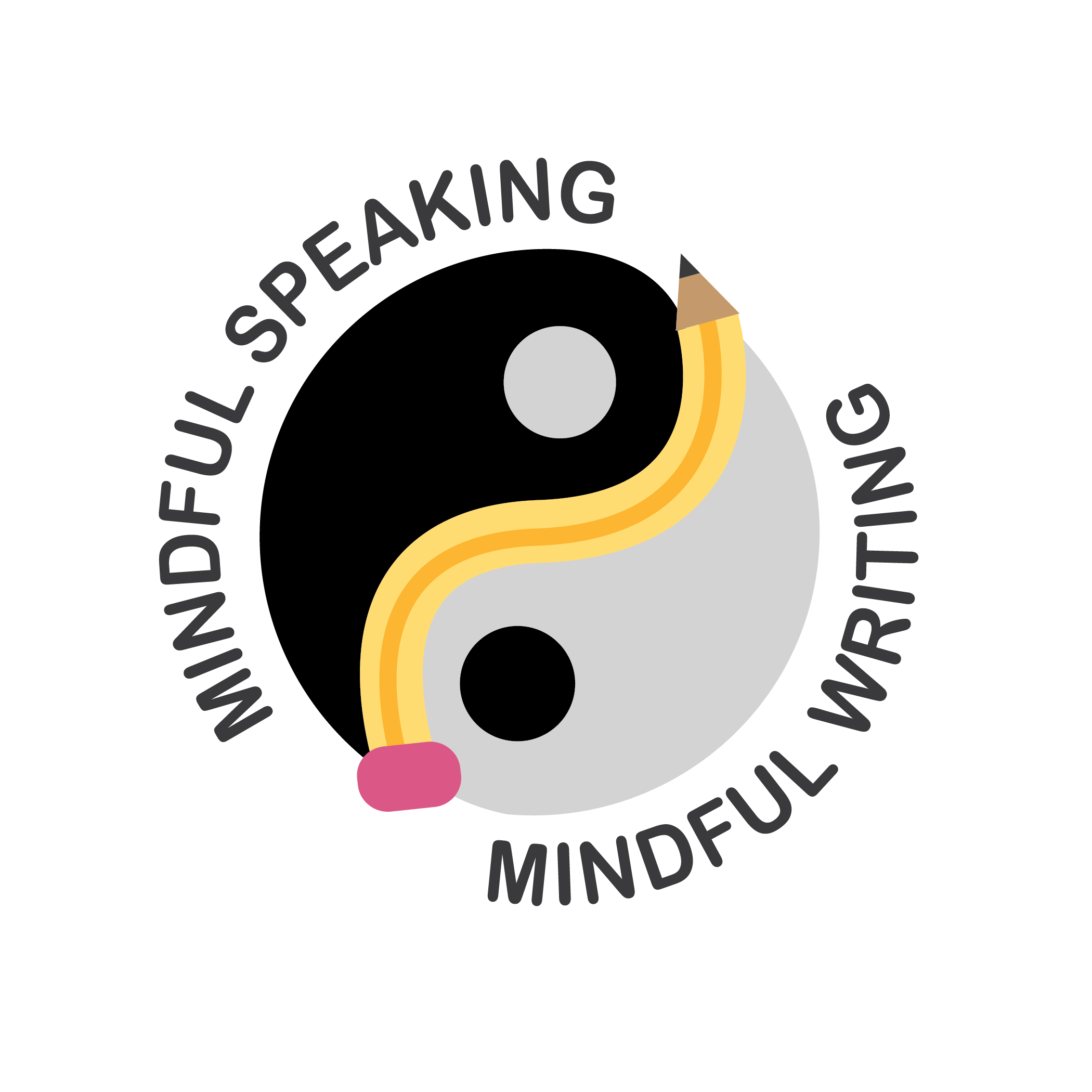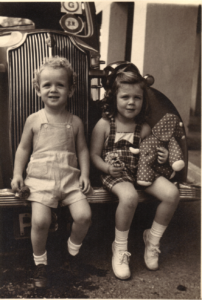What do you need to write a memoir?
You know the old joke, how do you get to Carnegie Hall?
“Practice, practice, practice.”
So what do you need to write a memoir?
“Pencil and paper.”
That’s a start, but it takes more than practice to get to Carnegie Hall and it takes more than pencil and paper to write a memoir.
But really, what does it take to write a memoir? To make a stew, you’ll need a pan, the ingredients, and a heat source. To write a memoir, you’ll need Spirit, Art and Craft. My next several blog entries will introduce you to these three basic building blocks of memoir.
Spirit is all about meaning, purpose and motivation. Carnegie Hall is at the intersection of 7th Avenue and W. 57th St. Spirt is located at the intersection of why you are writing and whom you are writing for.
Question 1 – Why do you want to write a memoir?
You might be writing because you want to pass on favorite family stories. Or you might be writing because you’re trying to heal from a loss. Or you might be writing to tell the story of how you sailed to Hawaii. Three different motivations. Three very different memoirs. If you don’t know why you’re writing, you’re very likely to run out of gas before you cross the finish line. There are as many variations on why to write as there are memoirists.
Ask yourself, “What’s driving my interest in writing?” “What do I hope to gain from this writing experience?” “Why is this important to me?” “What need or desire within me am I trying to meet?”
You don’t have to have these questions completely answered before you begin writing, but you do need to answer them pretty soon. Without a clear motive, you’ll run out of gas and/or get badly lost. If you’re standing on 9th Street and looking for Carnegie Hall, you’re going to be disappointed.
Question 2 – Who is your intended audience? Who (m) are you writing for?
Let’s return to the three different motivations discussed above. If you are writing to pass on favorite family stories, then perhaps your intended audience is your children / grandchildren. If you’re writing to heal from a loss, then perhaps you’re intended audience is yourself and no one else. Or maybe you’re writing specifically for people who’ve experienced a similar kind of loss. And if you’re writing to tell the story of how you sailed to Hawaii, perhaps you’re writing for publication and distribution to other sailors and would-be Hawaiian voyagers.
Three different audiences. Three very different memoirs. You’ve got to know who your intended audience is. And again, you may not be totally clear on this when you start to write, but you better figure it out pretty soon.
Think about it, seriously. Why you are writing and whom you are writing for? Tune in to the next blog, for more on the spirit of memoir writing.


I liked when you said that when it comes to writing a memoir you need to make sure you know who your audience will be. It makes sense tat you would need to adjust your tone of writing depending on the age group you write for. I can see how knowing this before you start can help you focus and get the most out of your work.
Right. I classify the audience for memoir broadly as three very distinct categories: 1. Self, 2. Family & Friends, and 3. General Public. Of course, within each, many sub categories, especially #3, and huge differences in terms of requirements and standards between 2 & 3. How do you think about your audience?